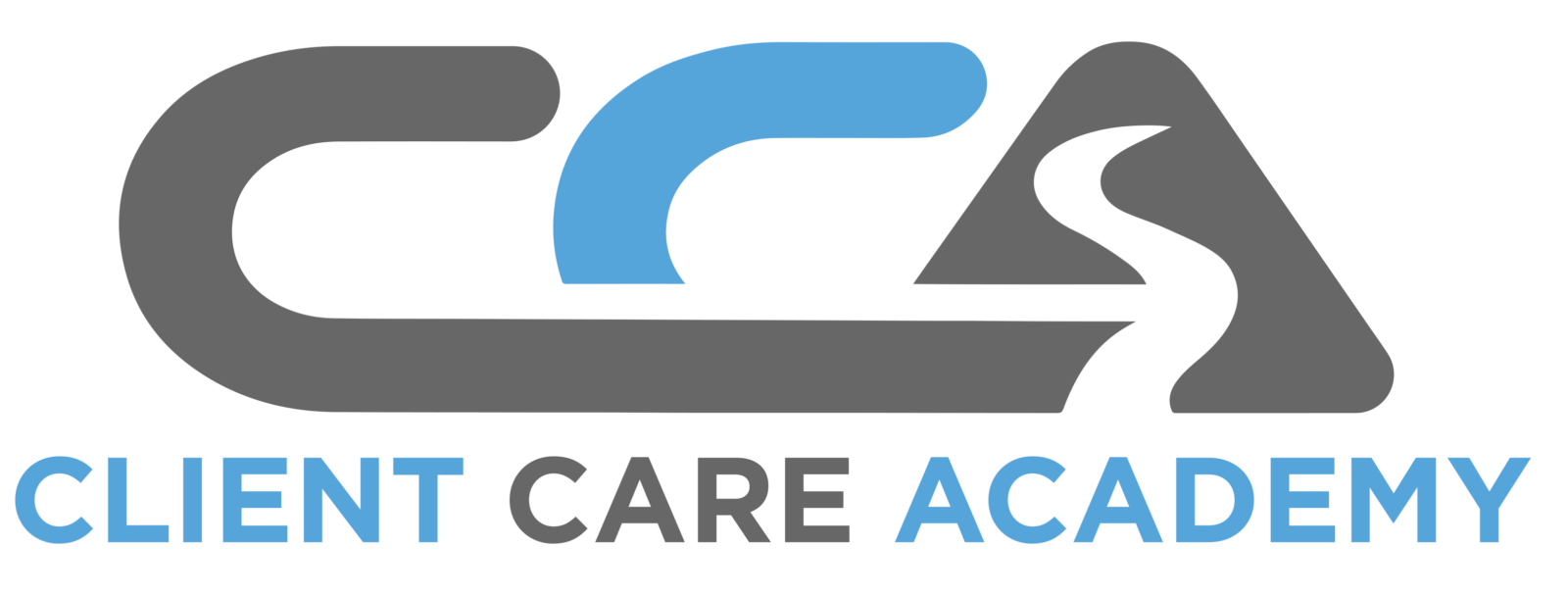The response to our November 29 – 30 Foundations Workshop has been fantastic – we are thankful to all of you who are joining us later this month in Orlando, Florida to learn and create client care programs for your estate planning and elder law practices.
If your schedule doesn’t permit you to join us at this last Foundations Workshop in 2019, we will be announcing dates for 2019 soon. Four Foundations Workshops are now being planned and will be announced in coming weeks.
We are also thankful for all of the attorneys, partners, paralegals and team members who attended our workshops in 2018. Because of you, we know that many families will be better protected when they need it most — at the time that clients become incapacitated or pass away.
The Client Care Academy took a lot of big steps this year, and we are thankful to everyone on our team. Steve Riley, who shares our vision of law firms focused on caring for families throughout their lives, has become an integral member of our team. Megan Davitt has done an amazing job of managing all the details and keeping us on a straight path to success. We could not have done all of this without them, and I am grateful for their efforts.
We’ve also devoted a lot of time this year to making the materials we provide to our workshop attendees more valuable. Our Client Care Academy members have told us that one of the things they love about our workshop is that when they leave, they have a roadmap for the first year of their program in their hands. They can get started on creating a client care program that works for them as soon as they return to the office.
One last thing we are thankful for – your clients. Because they are important to you, they are important to us. Here’s a lesson we learned that we hope you can use in your practice – – it may be the very thing you need to get started on the journey to a client care program.
Conversations with clients, especially first time meetings, are often about filling out forms and gathering information. But in a client care program, the focus of our first meeting is on helping the client understand what we are doing together.
Your ability to listen is a key part of your client meetings. I ask a lot of open-ended questions, which are geared to gather information from the client as to what is important to them and what results they want from our working together. As attorneys, we have a natural inclination to talk and fill in the quiet spaces when clients are in our offices. But this is the time when you want to listen. You want to uncover their real goals, which often have very little to do with taxes or probate.
Their answers will reveal what really matters to them. Maybe they have a family member who had a bad experience with a poorly written will that led to a family fight. Perhaps there is a family member who they don’t want to receive any of their assets, but they’re not sure if that can be accomplished.
I always ask, “What else is important to you?” There’s a knee-jerk reaction for them to say, “That’s it.” Don’t automatically respond. Let a little silence gather. Then ask what else led them to come in for a meeting and what they are hoping to accomplish. It may take a little time, but there is always another reason.
Here are some responses and follow-up questions that help me dig deeper with clients:
1: Answer: “I want asset protection.”
Follow up: “Protection from whom, or what? What do you want protected?”
Response: “I want to protect my family collectables from being sold or divided.”
“I want to protect my daughter from this guy she married. I’m not sure about him.”
“I want to protect my home from nursing home costs.”
Follow up: “What else?”
This is just one example of the conversations that we have with clients. We drill down into a narrower answer to uncover their subjective needs, wants, goals, or desires. Without doing this, we know very little about our clients and what is important to them.
We let that silence that follows the “What else?” question continue. It gives clients time and space to process, articulate and understand what he or she came to you to do in the first place. Once they have worked this through, we are both in a much better place to start working together to create a plan for their future.
If that makes sense to you, then I hope you’ll join us, this year, or next year, at a Foundations Workshop.
Happy Thanksgiving!




